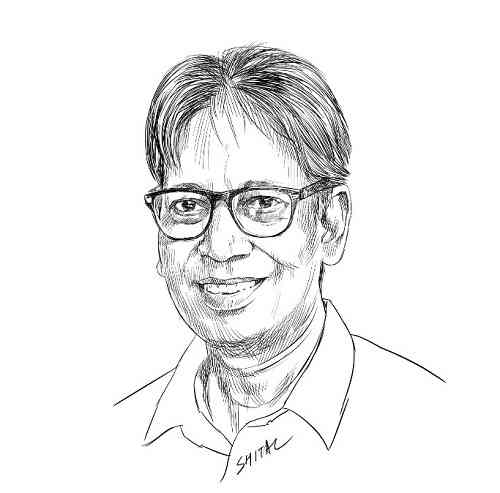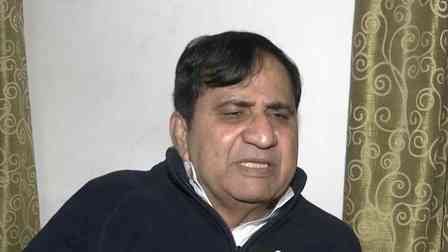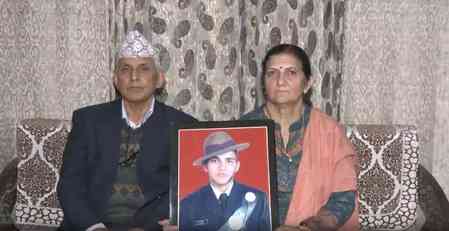Those `online’, don’t sleep
Before the introduction of the internet, life was very simple and people had plenty of time to visit each other, read books besides enjoying themselves while sitting with the members of the family.

by Harish Monga
Before the introduction of the internet, life was very simple and people had plenty of time to visit each other, read books besides enjoying themselves while sitting with the members of the family. A recent research shows that almost six in ten of us are not getting enough sleep – a fifty per cent increase from just a year ago.
I still recollect that I used to have a very sound sleep and even got up as late as 8'o clock to be in the office at exactly 9 am.
While the experts blame the rise on growing numbers of people using smartphones, tablet computers and other gadgets in bed and in the hour or two before turning in. The blue light emitted by the screens reduces drowsiness, making it harder to fall asleep.
It is said that an average adult needs seven and a half to eight and a half hours of sleep at night – and seven hours or less is associated with numerous health problems.
While looking for studies on this issue, I found out that nearly 60 percent of smartphone owners don't go even for an hour without checking their phones, around 54 per cent check their phones while in bed, and nearly 40 per cent check their phones while in the toilet and around 30 per cent check their phones during meals with others and another 9 per cent check their phones during religious services.
All this data shows that those `online’, don't sleep day and night and keep themselves and others updated about the activities going on in their lives.
Gone are the days, when it used to be said – `Do good and forget’ and this old timers' proverb stands changed with time and it is now – `Do good and make it public'.
Frankly speaking, online is now a day's addiction at the cost of one's health and to get sleep, we have to resort to childhood practices of tiring out the brain by thinking of an animal for each letter of the alphabet or getting up and doing a jigsaw.
With the ongoing move of smartphones towards near-ubiquity, much of society has come to take these do-all devices for granted. In overcoming the novelty of smartphones, many of us have lost our one-time sense of awe at this technology, and have ceased marveling at the effect it has had on the world around us. However, it is undeniable that smartphones have exerted a huge and multi-faceted impact on society, and continue to do so to this day.
Obviously, the access that smartphones afford their users makes the lives of many easier and more convenient. However, it may also have a more subtle, negative effect. Many smartphone users have come to depend on their devices; whether they need important contact information, an address, or driving directions, they pull out their phones to get it. This change may impede smartphone users' abilities to navigate some situations, should they find themselves without a working smartphone, and, more generally, may degrade their resourcefulness.
I recollect that when all the newspapers used to be put online at midnight around 2.30 am, I used to get up exactly at that time and was online to see whether my letter to the editor or write-up had been published or not.
However, this practice of mine continued for years, but when I joined online websites, posting news or happenings around the world instantly, I used to be online all the time. The moment any news of a major event in the city was noticed, it was immediately posted and alerts sent to the known groups through emails and now on Facebook and WhatsApp.
I still recollect that sometime back when a very senior bureaucrat was transferred at the place of his choice and news was flashed on an online portal, with its alert to him at late night, an instant message received was – "On liners Don't Sleep".
It also reminded me of the older timers' Punjabi song – `Lagi wale kadhe vi na sondhe, teri kinve akh lag gayi’ – Those who are in vow of love, don't sleep but how you had a nap!
When I asked Siri – a software in iPhone which gives answers to every question – Siri, do you sleep? The instant reply was I don't need much sleep, Harish, but it's nice of you to ask.
*Harish Monga is a social-activist and freelancer


 City Air News
City Air News 









